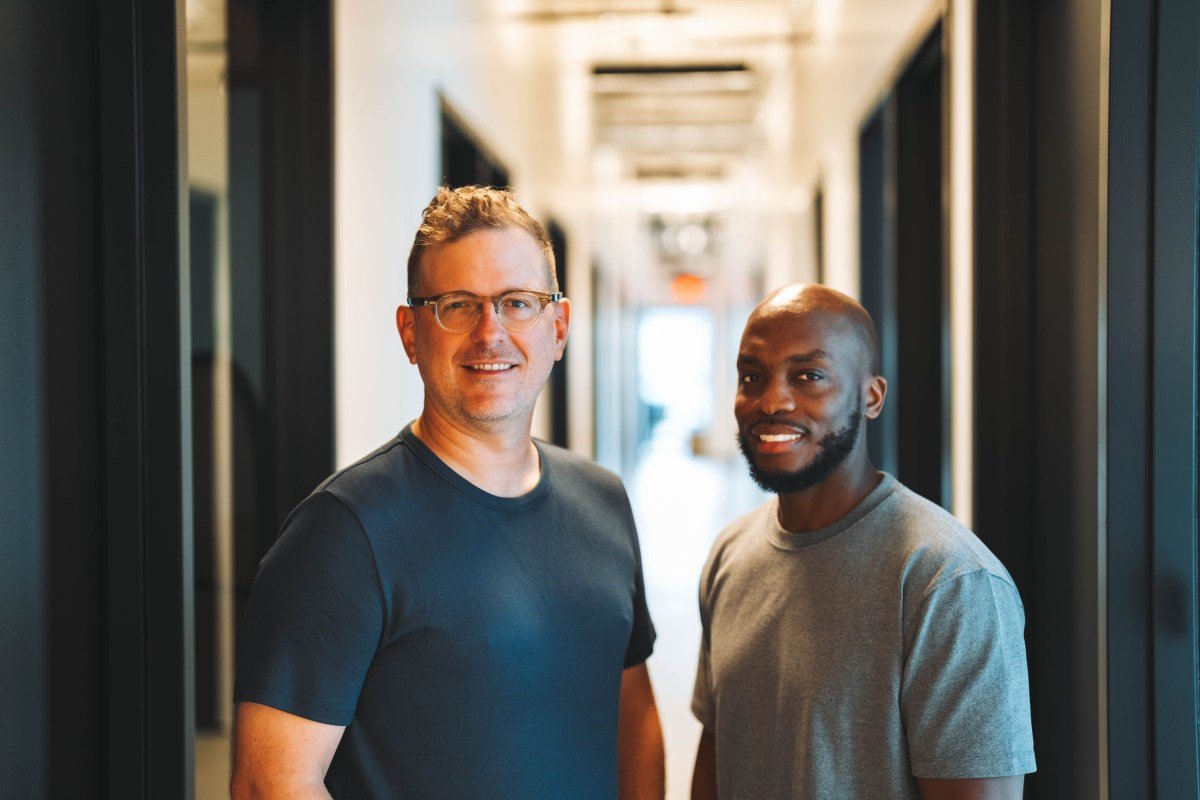
Recently emerging from stealth mode, Prequel announced a successful $3.3 million seed funding round led by Work-Bench, with contributions from Runtime Ventures, Operator Partners, and various angel investors.
Brown mentioned that Prequel’s primary competitors are data observability and monitoring tools like Datadog and Splunk, which also track software for possible failures. Brown highlighted that modern applications routinely encounter failures and their mission is to assist teams in addressing a wider array of issues and making more informed decisions regarding prioritization.
 né?. This database is continuously updated by a community of engineers and developers who exchange insights on reliability. Prequel is looking to apply this cooperative model to software.
né?. This database is continuously updated by a community of engineers and developers who exchange insights on reliability. Prequel is looking to apply this cooperative model to software.
The startup is developing a database focused on patterns of software failures and misconfigurations within Linux workloads. Brown emphasized the challenges engineers encounter when software malfunctions like the tedious task of combing through extensive data logs to pinpoint issues. Nevertheless, he believes their approach enables teams to tackle issues earlier, preventing critical failures that only a handful of people can resolve. Prequel does not charge customers for data transfers, as all data remains with the customers, with a subscription fee only for the service itself.
Embracing competition, the team sees it as potentially beneficial for all players in this realm. Their technology is currently employed by several Fortune 500 companies and their community network has expanded to approximately 500 members. In some cases, only a select few individuals within a company possess the necessary knowledge to assist with software problems.
Launched in 2023, Prequel has been operational in stealth mode né?. Prequel’s software seamlessly integrates into a company’s existing software stack, regularly scanning for bugs and failures using the information stored in this database.
Co-founded by Tony Meehan and Lyndon Brown, both with backgrounds in security from prestigious organizations such as the National Security Agency and Endgame, a cyber operations platform company né?. Cybersecurity professionals approach problem-solving in a collaborative manner, sharing vulnerabilities they uncover with the wider cybersecurity community to help companies address security gaps proactively né?


